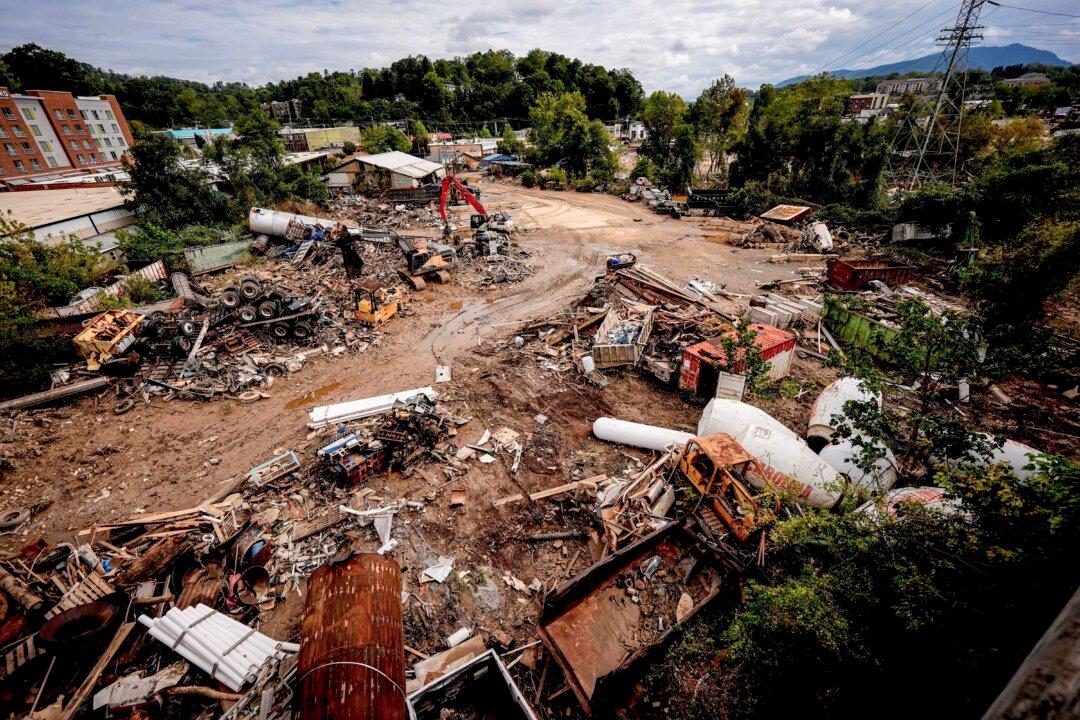President Joe Biden’s administration said Wednesday that he is sending up to 1,000 active-duty soldiers to North Carolina and other states to deliver food, water, and other critical items following Hurricane Helene.
Troops will be deployed starting Wednesday, said the White House in a statement, and they will work with the Federal Emergency Management Agency (FEMA) to reach areas that were impacted by the storm. Most of the troops will be focused on North Carolina, it said.





